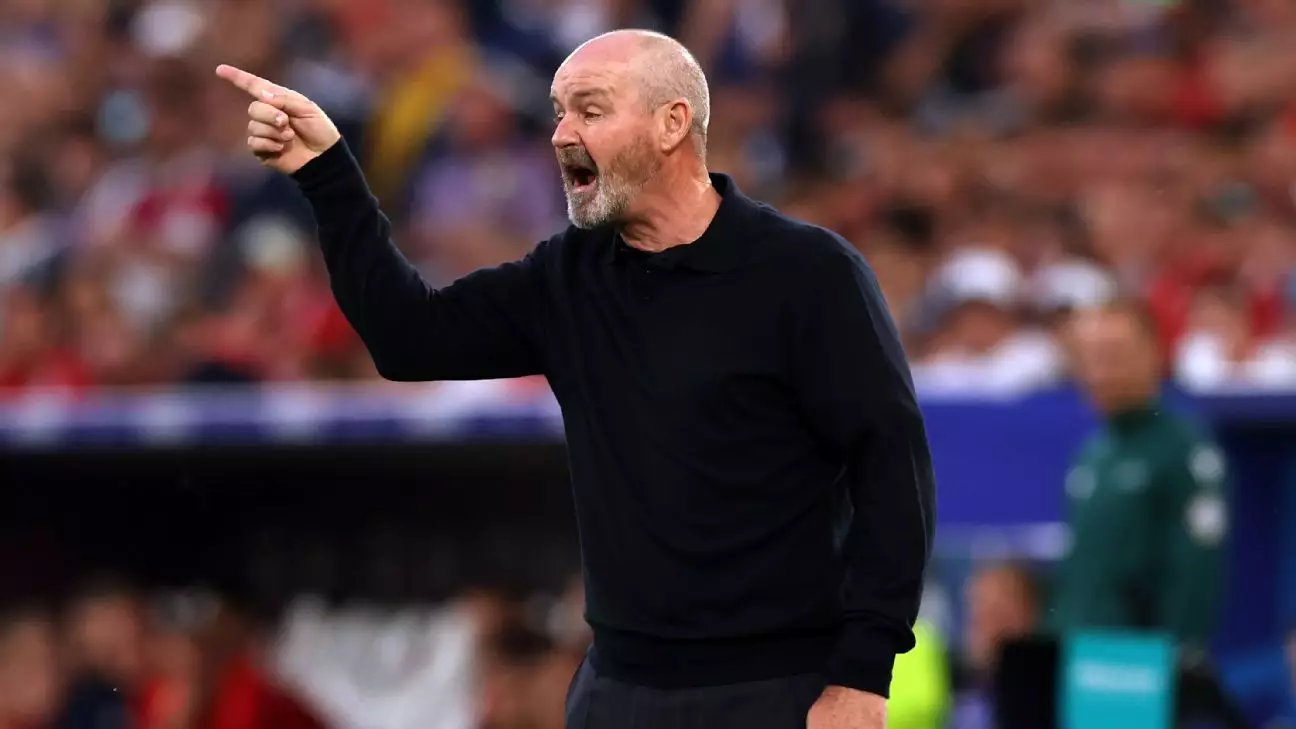Scotland’s hopes of advancing in Euro 2024 were dashed after a 1-0 defeat to Hungary, with a controversial penalty decision grabbing the headlines. Substitute Kevin Csoboth’s late winner sealed Scotland’s fate, but it was a penalty that wasn’t awarded to Scotland that sparked outrage.
Scotland manager Steve Clarke was vocal in his criticism of the decision not to award his team a penalty. He called the challenge by Willi Orbán on Stuart Armstrong a “100 percent penalty” and questioned why it wasn’t given. Clarke even suggested that UEFA should consider using only European referees in its competitions.
Despite the presence of European VAR in the match, the on-field referee Facundo Tello did not consult it for the penalty incident. Clarke expressed his frustration, asking what the purpose of VAR was if such clear decisions were not being reviewed. The controversy raised questions about the effectiveness of VAR in high-stakes matches.
Hungary manager Marco Rossi downplayed the incident, pointing out that his team had also been on the wrong end of missed calls during the tournament. He referenced a previous match against Germany where he believed a clear foul on Willi Orbán went unnoticed. Rossi’s remarks highlighted the subjective nature of refereeing decisions in football.
The debate over the use of non-European referees in UEFA competitions is not new. Critics argue that cultural differences and varying interpretations of the rules can lead to inconsistencies in officiating. On the other hand, proponents suggest that diversity in refereeing panels can bring different perspectives and improve the overall quality of officiating.
The penalty controversy in the Scotland vs. Hungary match reignited the discussion on the role of referees in UEFA competitions. While calls for using only European referees may address some concerns, the underlying issues of consistency and transparency in refereeing decisions remain. As football continues to evolve, finding the right balance between tradition and progress in officiating will be crucial for the integrity of the game.

